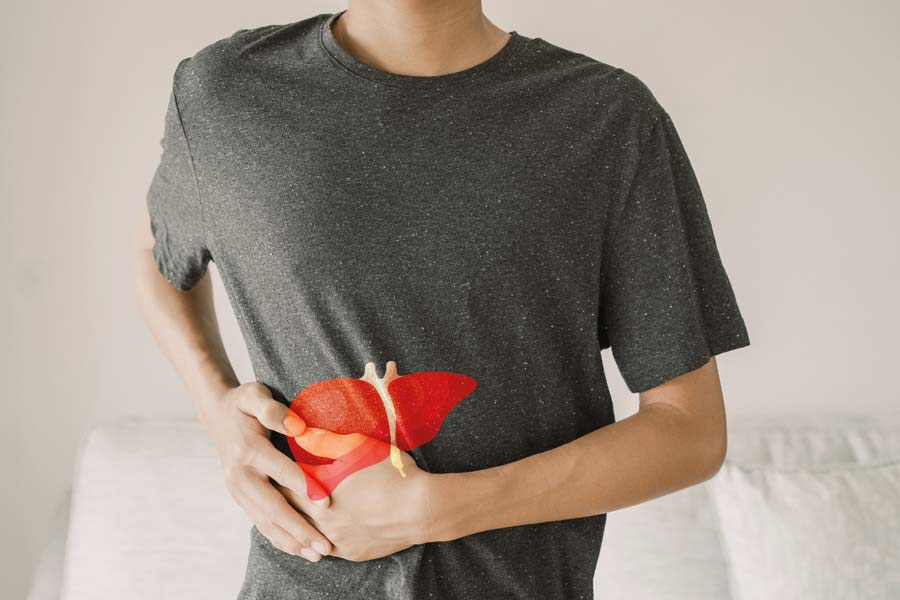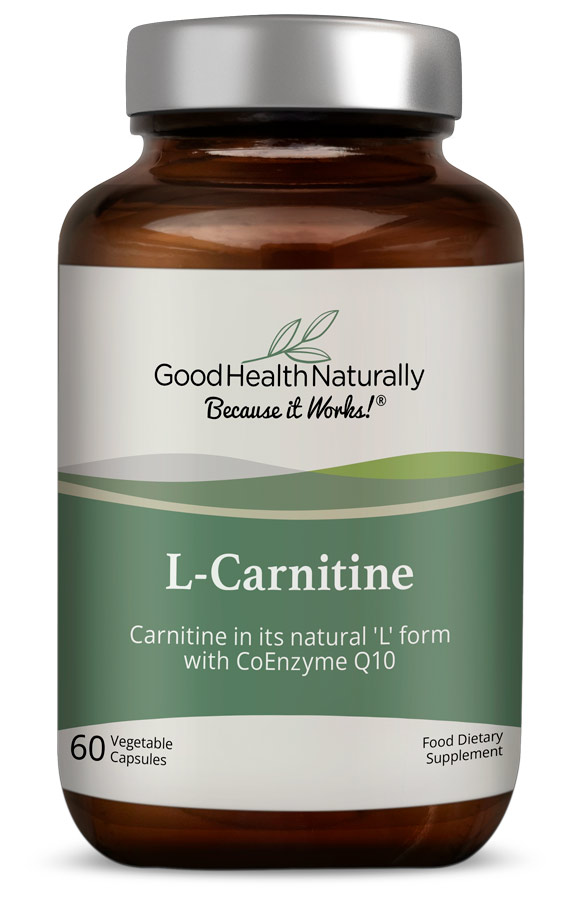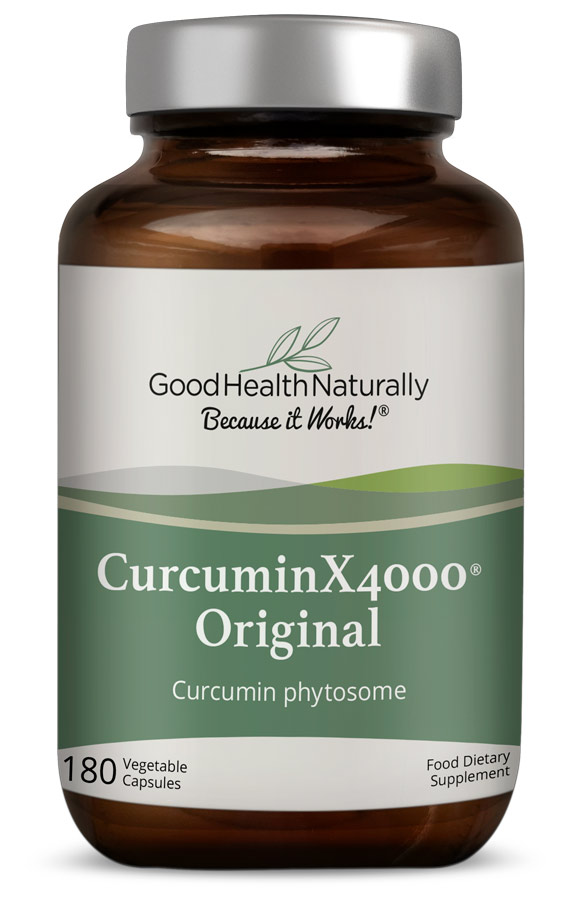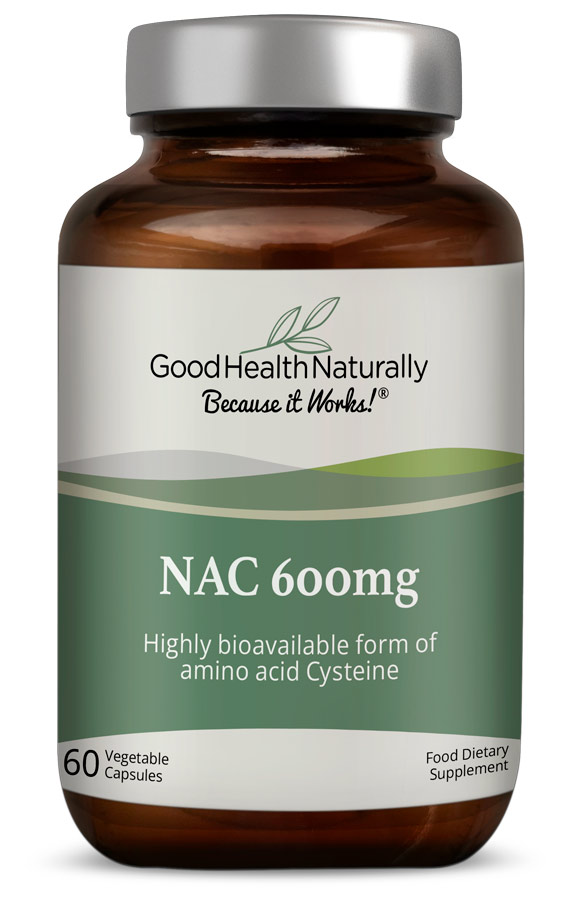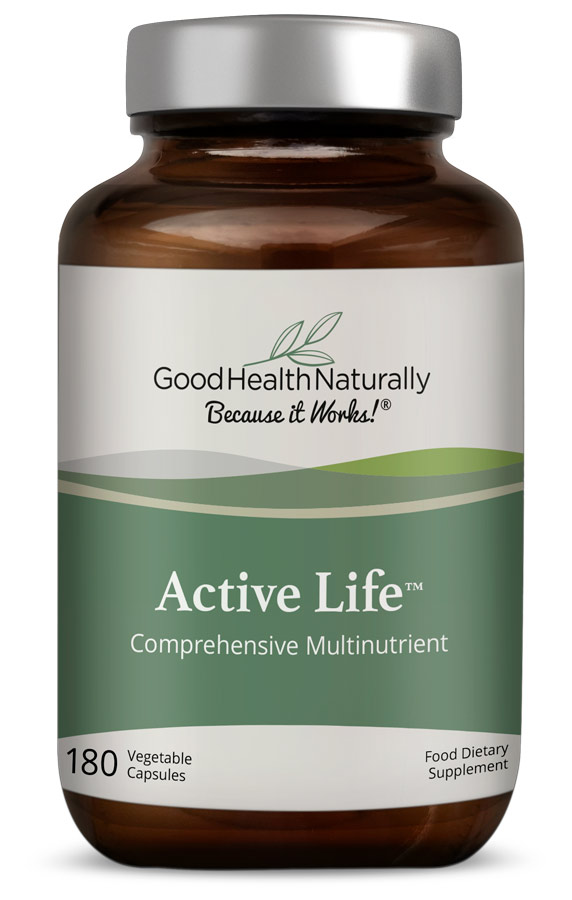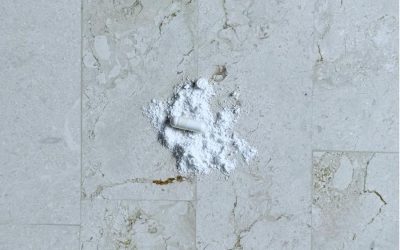While lifestyle changes like diet and exercise will always remain the foundation for tackling NAFLD, research suggests natural supplements can be a great addition for supporting liver health, reducing inflammation and helping prevent disease progression.
What Exactly Is Fatty Liver Disease and How Does It Affect Health?
Fatty liver disease develops when too much fat accumulates in liver cells. In its early stages, it’s often silent, with no symptoms at all. However, over time, it can lead to liver inflammation, scarring and eventually even liver failure. The liver is one of the busiest organs in the body. It plays a critical role in filtering toxins, processing nutrients, producing bile, plus regulating hormones and blood sugar. When it becomes overloaded with fat, these functions start to decline, increasing the risk of chronic health issues. NAFLD is characterised by an excess fat build-up in the liver, which is not caused by alcohol.
Who Is Most at Risk of Non-Alcoholic Fatty Liver Disease?
NAFLD is most common in people with obesity, especially those who carry excess fat around the abdomen. Other high-risk groups include people with type 2 diabetes, metabolic syndrome, high cholesterol, sleep apnoea, PCOS and hypothyroidism. Lifestyle factors, such as a poor diet, nutrient deficiencies, lack of exercise, and chronic stress, also contribute to fatty liver development.
Can Diet Play a Role in Fatty Liver Support?
Research suggests dietary changes can significantly improve or may even reverse early-stage NAFLD, making nutrition a key factor in fatty liver support. The Mediterranean diet is one of the best choices for liver health. It emphasises vegetables, low-sugar fruits like berries and apples, whole grains, healthy fats such as olive oil and avocado and lean protein sources like legumes and fatty fish. Clinical studies have shown that overweight patients following this diet saw significant improvements in liver fat and inflammation within 6 months.
In contrast, refined carbs and sugary foods contribute to liver fat accumulation. Therefore, replacing them with fibre-rich foods, whole grains, and heart-healthy fats can support metabolic health and reduce liver damage.
How Nutrient Deficiencies Impact Liver Function and Fat Metabolism
Deficiencies of certain nutrients can significantly impact liver function at a deep molecular level. A study published in Liver Research examined how key vitamin shortfalls contribute to the progression of NAFLD. It found that inadequate intake of vitamins D, E, B9, and B12 can disrupt the liver’s ability to metabolise fat effectively. This breakdown in function can trigger a chain reaction of inflammation, insulin resistance and oxidative stress, all factors which accelerate disease progression. The researchers also observed that people with low levels of vitamin D and B12 often had more advanced liver damage, while vitamin E deficiency was strongly associated with increased inflammation and liver scarring.
Top 10 Supplements for Natural Fatty Liver Support
When it comes to managing NAFLD, supplements can play a valuable role alongside diet and lifestyle changes. The following nutrients are among the most researched for fatty liver support, helping to reduce inflammation, improve fat metabolism and protect the liver from long-term damage.
Vitamin D
This essential nutrient plays a central role in fat metabolism, immune regulation and mitochondrial function, all of which are crucial for fatty liver support and healthy liver performance. Research indicates that vitamin D affects liver activity at the genetic level, promoting the activation of fat-burning genes while inhibiting fat storage. Supplementing with D3 has been shown to significantly reduce liver fat, lower inflammation and restore proper mitochondrial structure, especially in older adults. For optimal results, vitamin D3 should always be taken alongside magnesium and vitamin K2. These co-factors enhance absorption, support calcium metabolism and help the liver process fat more efficiently.
Vitamin E
A potent antioxidant, vitamin E may help reduce oxidative stress and liver inflammation. A study published in the New England Journal of Medicine found that 800 IU/day of natural vitamin E significantly improved liver health in non-diabetic patients with NASH.
B Vitamins (B12 & Folate)
Both vitamins B9 (folate) and B12 support methylation, a detox process that helps the liver eliminate toxins. They also regulate fat metabolism and reduce homocysteine levels, which are often elevated in people with liver damage. Deficiencies in these vitamins can accelerate inflammation and liver scarring, so supplementation is essential if levels are low.
Omega-3 Fatty Acids
Omega-3 supplements, found in fish oil, krill oil and flaxseed oil, help reduce liver fat, triglycerides and inflammation. A meta-analysis of clinical trials confirmed that omega-3 fatty acids significantly improved liver enzymes and reduced fat build-up in NAFLD patients. They also improve insulin sensitivity, which is essential for supporting a fatty liver.
L-Carnitine
This amino acid helps transport fatty acids into liver cells, allowing them to be used for energy rather than being stored as fat. Studies show L-carnitine supplementation can help reduce liver fat content and improve liver function markers, making it a promising supplement for NAFLD.
CoQ10
Another antioxidant which can help support mitochondrial energy production in liver cells. A clinical study showed supplementation with CoQ10 resulted in improvements in markers for fatty liver disease. It may also help improve the lipid pattern typically associated with NAFLD.
Curcumin
The active compound from the golden spice turmeric, curcumin, has powerful anti-inflammatory and antioxidant effects. A 2016 clinical trial found that 500 mg of curcumin daily for 8 weeks significantly reduced liver fat and improved liver enzymes in people with NAFLD. It may also help regulate lipid metabolism and protect liver tissue from damage.
NAC (N-Acetyl Cysteine)
NAC supports liver detoxification by increasing levels of glutathione, the body’s master antioxidant. Small studies suggest that NAC can improve liver enzymes and may help reduce oxidative damage in patients with fatty liver disease.
Probiotics
The gut and liver are connected via the gut-liver axis. An imbalance in gut bacteria can lead to increased liver inflammation and fat storage. Probiotics, particularly strains like Lactobacillus and Bifidobacterium, have been shown to improve liver enzyme levels and reduce liver fat in patients with NAFLD.
Lifestyle Tips for Natural Fatty Liver Support
Supplements can make a significant difference, but they are most effective when combined with healthy daily habits. Simple lifestyle changes, such as regular exercise, balanced nutrition, and stress management, provide a strong foundation for fatty liver support, helping to prevent disease progression and even encourage reversal in the early stages.
Exercise Daily
Regular physical activity reduces liver fat and improves insulin sensitivity. Aim for at least 30 minutes of movement each day. Studies show physical activity can cut the risk of NAFLD by over 20%.
Manage Stress
Chronic stress raises levels of cortisol and inflammatory cytokines, which worsen liver inflammation. Practice stress-reducing activities like meditation, yoga or spending time in nature to support liver recovery.
Why Coffee May Be Surprisingly Good for Your Liver
Drinking coffee, either caffeinated or decaf, has been linked to a lower risk of chronic liver disease. A UK study of nearly 500,000 participants found that drinking three to four cups per day reduced the risk of developing and dying from chronic liver disease by up to 49%. Ground coffee was especially beneficial due to high levels of kahweol and cafestol, compounds that support liver detox and regeneration.
Final Thoughts on Fatty Liver Support
NAFLD is a silent but serious condition; however, the good news is that it can often be managed and even reversed with the right approach. Early intervention is key, and combining a Mediterranean-style diet, regular exercise, stress reduction, and carefully selected supplements offers some of the most effective strategies for long-term fatty liver support. By making these changes today, you can protect your liver health and improve your overall well-being for the future.
- https://www.ncbi.nlm.nih.gov/pmc/articles/PMC6163782/#B10-nutrients-10-01153
- https://www.ncbi.nlm.nih.gov/pmc/articles/PMC6163782/#B9-nutrients-10-01153
- https://www.ncbi.nlm.nih.gov/pmc/articles/PMC6163782/#B19-nutrients-10-01153
- https://www.nature.com/articles/s41598-019-57036-z
- https://www.ncbi.nlm.nih.gov/pmc/articles/PMC5053538/
- https://www.ncbi.nlm.nih.gov/pmc/articles/PMC5037659/
- https://www.southampton.ac.uk/news/2021/06/coffee-reduced-liver-disease.page
- https://www.nature.com/articles/s12276-023-01125-7
- https://pmc.ncbi.nlm.nih.gov/articles/PMC7611112
- https://www.grassrootshealth.net/blog/supplemental-magnesium-vitamin-k2-combined-important-vitamin-d-levels

